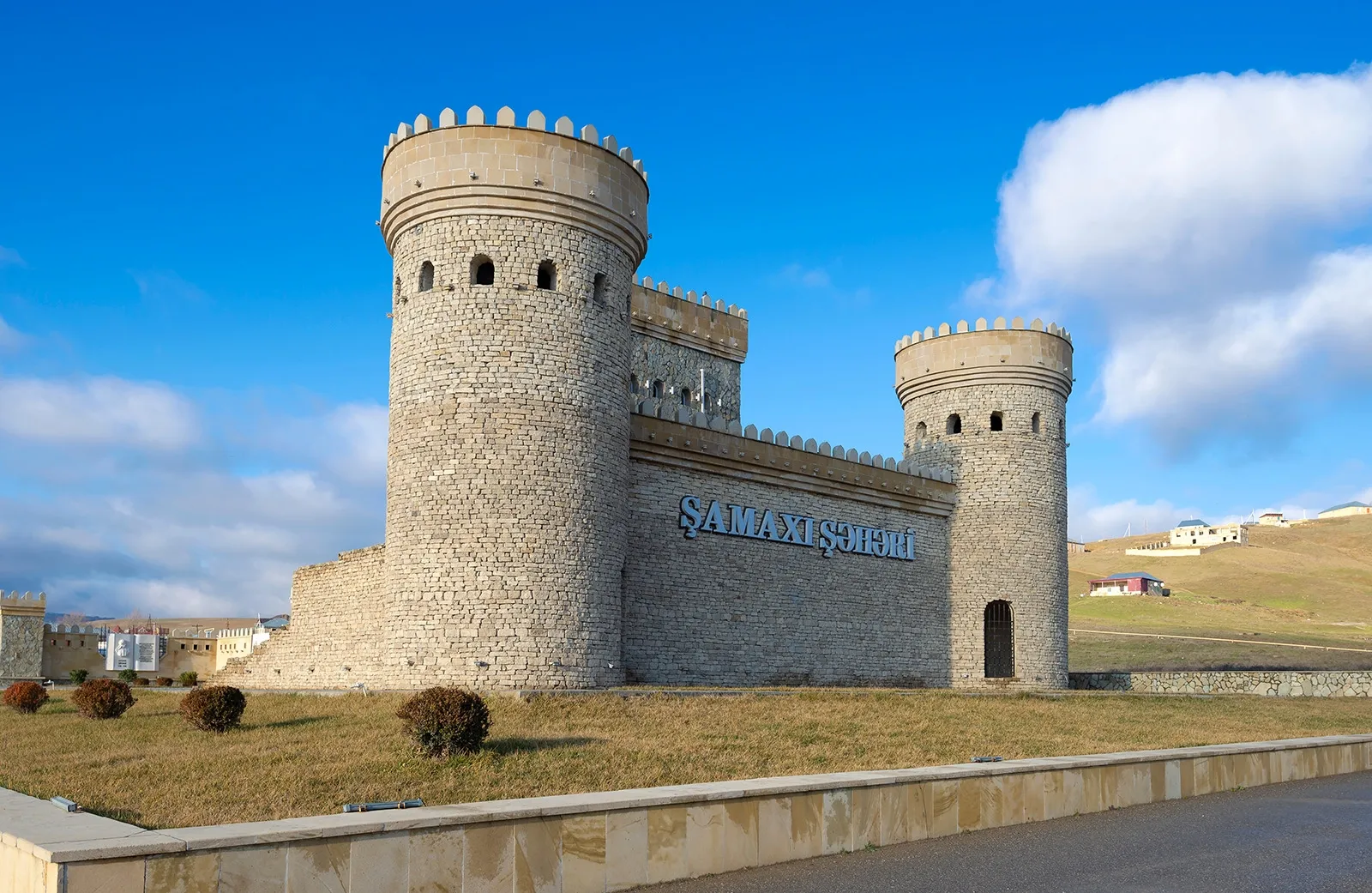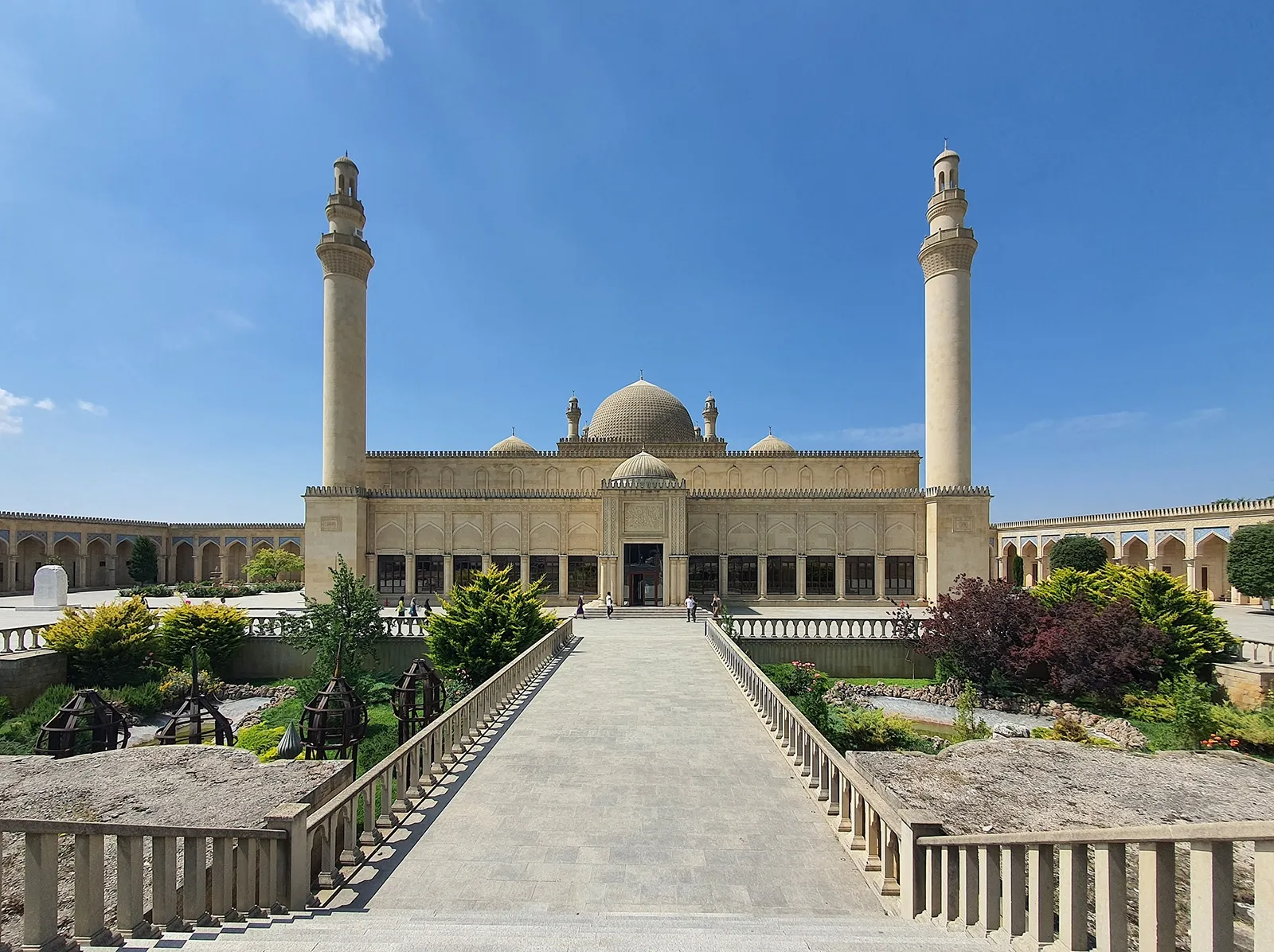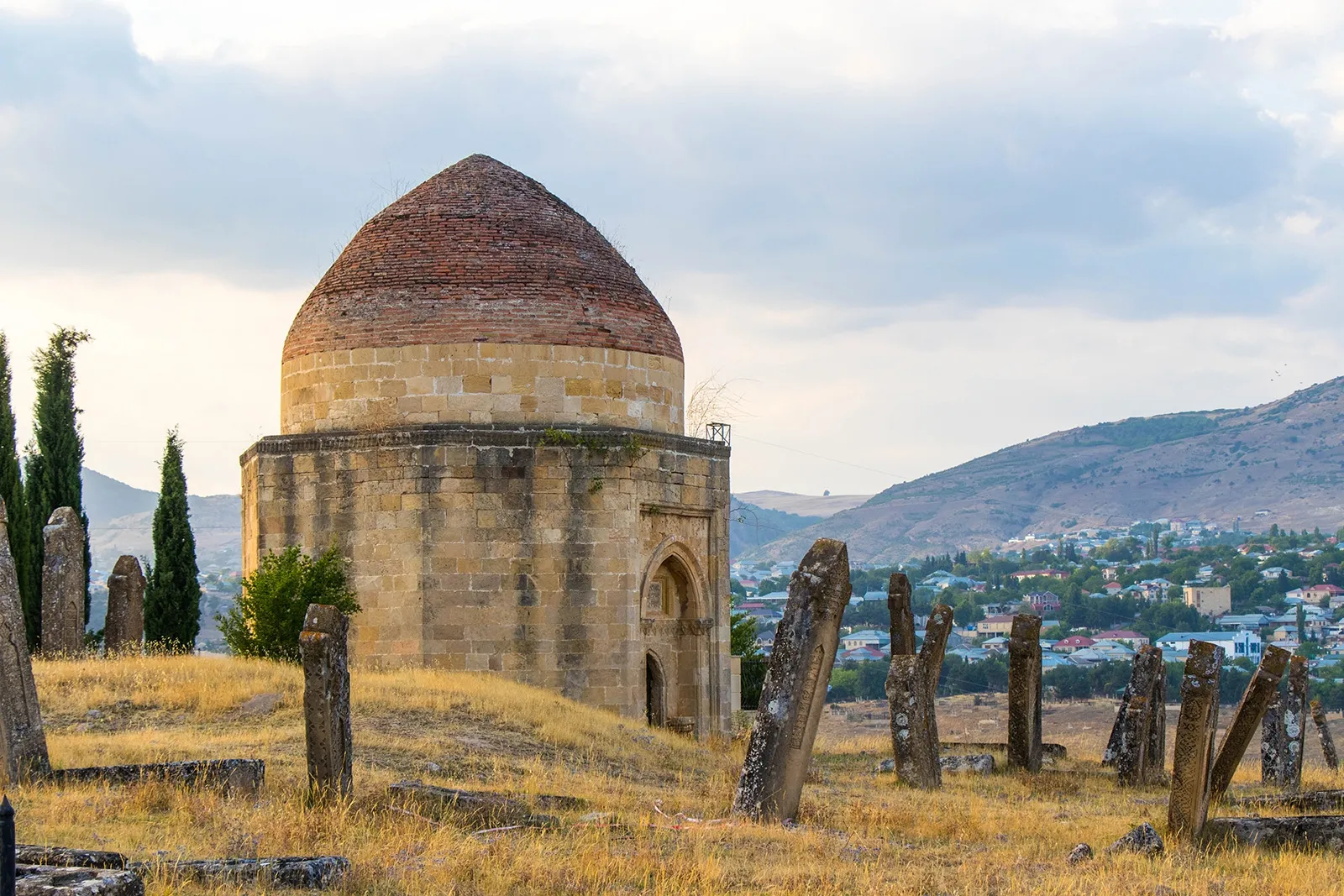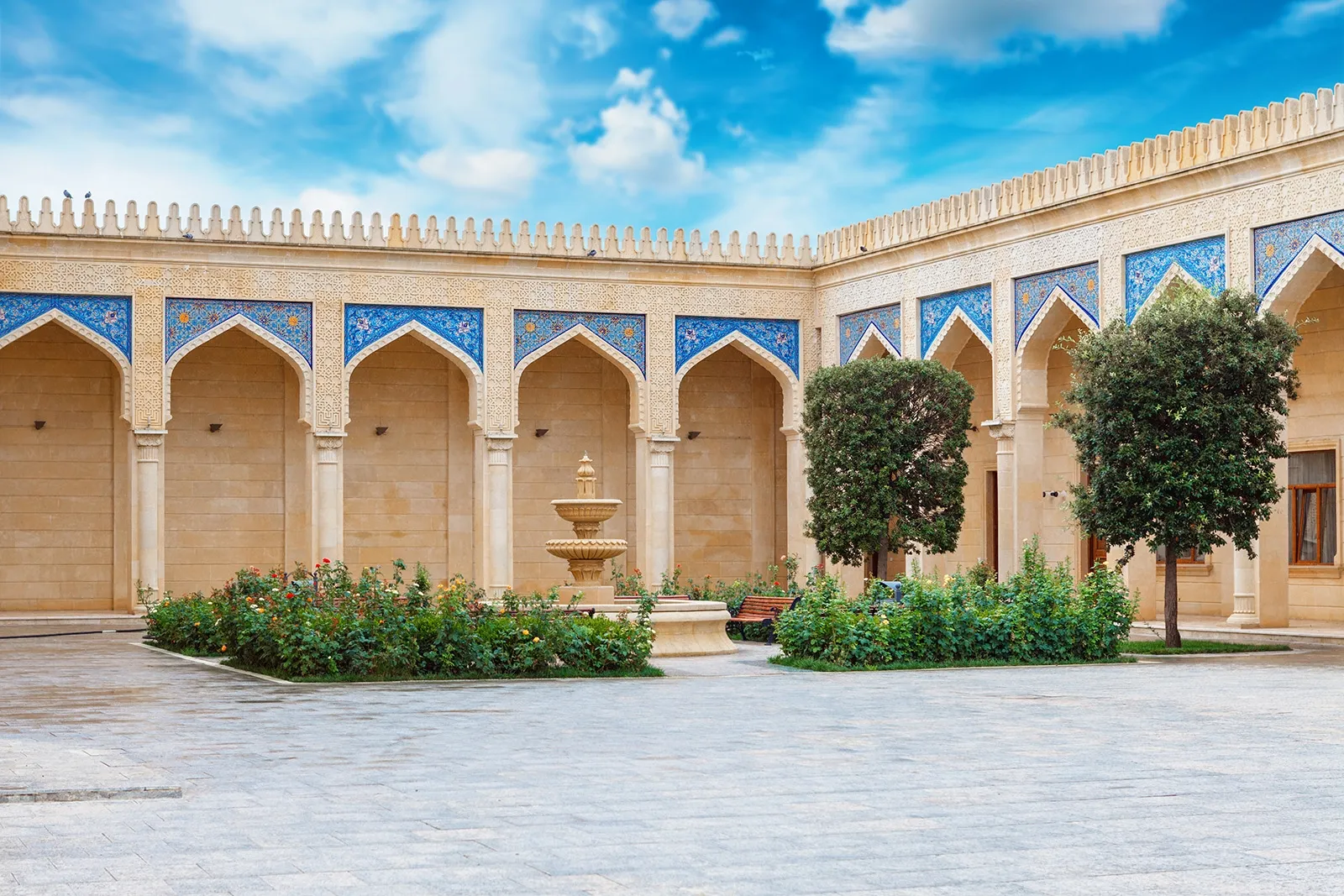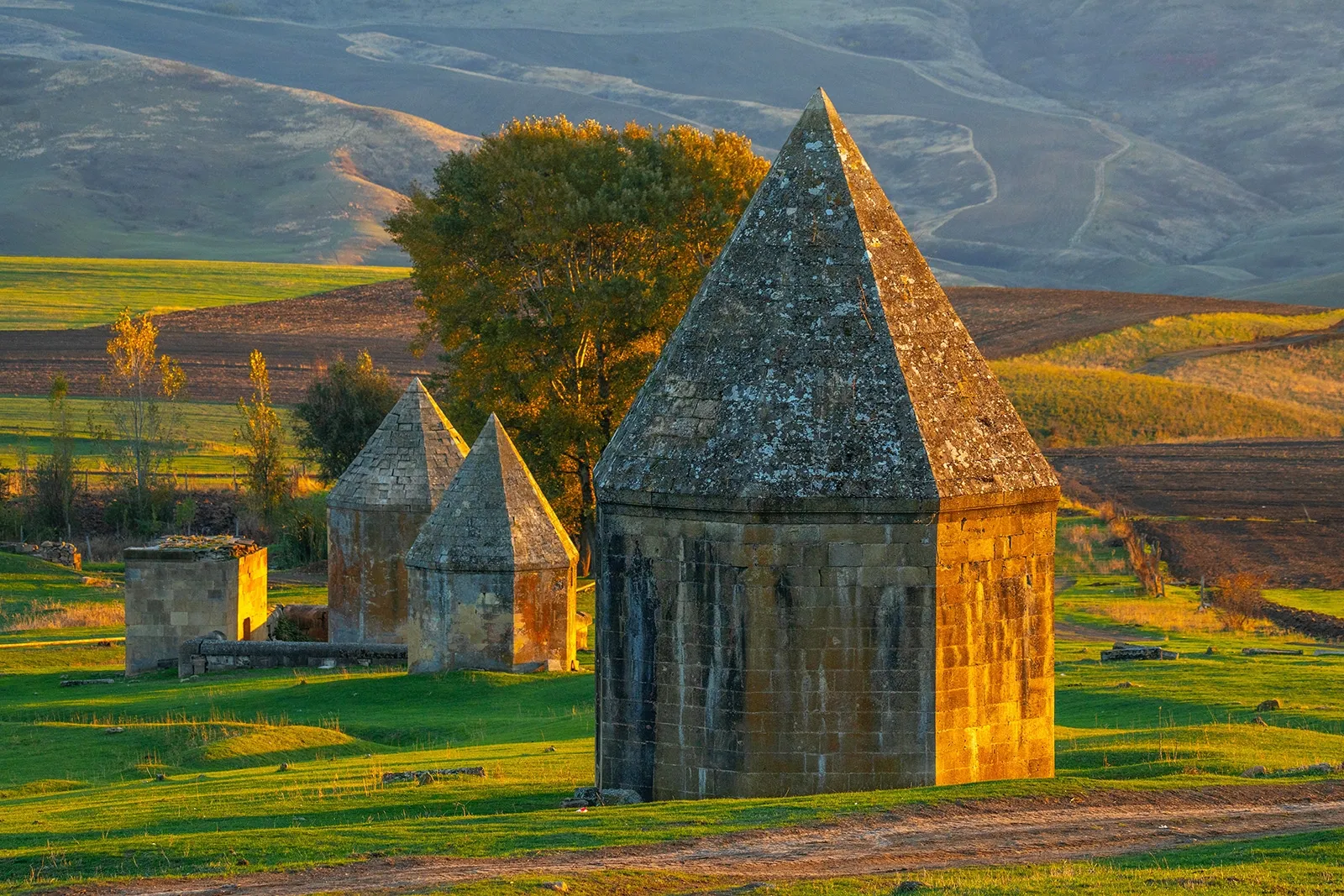Shamakhi
Shamakhi, located in the Caucasus region of Azerbaijan, is an ancient city with a history spanning more than two millennia. As a hub of commerce, culture, and political significance, Shamakhi's prominence is closely tied to its strategic position on the Silk Road, one of the most important trade routes in world history. The city's rich cultural heritage, intertwined with the flow of goods, ideas, and peoples along the Silk Road, made it a pivotal location for the development of the region.
Shamakhi's roots stretch back to the 9th century, when it became the capital of the Shirvanshah dynasty. Positioned in the eastern part of Azerbaijan, the city was strategically located near both the Caspian Sea and the Caucasus Mountains, making it a vital node on the Silk Road.
Shamakhi's significance as a trade center came not only from its location but also from its production of high-quality silk and textiles. The fertile lands around the city were ideal for silk farming, and the city became renowned for producing luxurious fabrics that were sought after across Europe, the Middle East, and Asia. The prosperity brought by this trade allowed the city to thrive and to become a melting pot of diverse cultures and ideas, as merchants from China, Persia, India, and Europe passed through its markets.
Shamakhi's role on the Silk Road was also supported by its strong infrastructure. Caravanserais, or inns for merchants and travelers, were built in and around the city, providing essential services for those journeying across the long and arduous trade routes. These caravanserais contributed to the city's economy, as travelers needed provisions, shelter, and protection while on the road. The influx of diverse groups also led to the city becoming a vibrant center of arts and crafts, with workshops producing textiles, ceramics, metalworks, and other luxury goods that were in demand across the region.
The city's mosques, palaces, and architectural marvels are testament to its historical importance. Structures such as the Juma Mosque, one of the oldest and largest in the Caucasus, reflect the city's spiritual and cultural significance, with architectural influences from Islamic traditions. The city also became known for its festivals, music, and dance, which blended local Azerbaijani traditions with influences from other cultures encountered through trade.
The cultural and artistic contributions of Shamakhi continue to be celebrated in Azerbaijan, and its historical significance as part of the Silk Road has been recognized by UNESCO. In modern times, efforts have been made to preserve the city's rich heritage, with restoration projects aimed at reviving its ancient monuments and sites.
Furthermore, Shamakhi became the “Turkic World Tourism Capital” for the year 2023.

